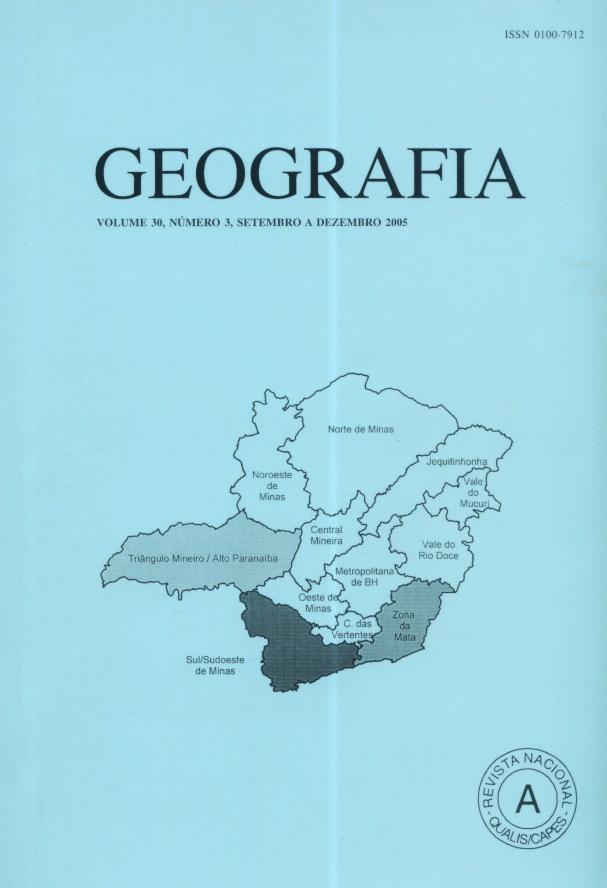O uso de telefones celulares em Lagos, Nigéria e potenciais implicações para a circulação em períodos de pico de tráfego
Abstract
For a very long time, physical contact, using private and public transport system, dominated the mode of traveling in Lagos State. The introduction of the cell-phone in the state has changed this pattern to a limited extent as more and more people become patron of its usage. Hitherto, the cost of providing such services by Nigeria Telecommunication (NITEL) was regarded as one of the highest in the world. Apart from this, the tele-density in Nigeria was 4 per 1000 persons (OED, 2000) which is far below International Telecommunication Union (ITU) specification, of 1 telephone to 100 people. The situation is worse in the city of Lagos, where a large population of the industries, commercial activities, private and public services are located. The study, therefore, review the situation related to cell phone usage in Nigeria in the context of the world. It also examines cell phone usage patterns with a view to commenting on the potentials of phone usage as a means of substitution for peak period travel. Five hundred copies of a questionnaire were administered in five Local Government Areas (LGAs) that were randomly selected. The first analysis which examines whether the average number of incoming calls is different from the average number of outgoing calls in all the five zones, shows that in three zones, the differences are significant and not significant in the other two zones. This shows that 60% of those sampled make more calls than received which of course have implication on travel substitution or generation. For morning and evening peak-period travel, all zones rely on public/private vehicles to move. This is not the same in the afternoon peak, when majority rely on cell-phone usage to interact rather than embark on physical contact. The reasons given is that people still rely heavily on automobile to carry out movement of goods and passengers in the morning and evening peak periods because of long distance separating different land uses in the city of Lagos while most interaction in the afternoon which are in the form of message/information which had hitherto been accomplished by physical contact are gradually being taken over by cell phone especially by people in offices. Thus, since the majority of the low income earners who are resident in Lagos, have no handset and have to depend on automobiles, the issue of physical contact for now still continues to contribute to peak period travels especially during the morning and evening peaks. Hopefully, if cell-phone is made affordable to the low income earners, reduction in peak period travels in Lagos State may be extended to afternoon peak periods. Key words: Cell-phone usage; urban travel; Lagos/NigeriaDownloads
Published
Issue
Section
License
The authors maintain the copyright and grant GEOGRAFIA the right of first publication, with the articles simultaneously licensed under the Creative Commons BY 4.0 License, which allows sharing and adapting the articles for any purpose, as long as appropriate credits and provisions of image rights, privacy or moral rights. Other legal attributions can be accessed at: https://creativecommons.org/licenses/by/4.0/legalcode.en.
Geography, Rio Claro, SP, Brazil - eISSN 1983-8700 is licensed under the Creative Commons BY 4.0 License.





